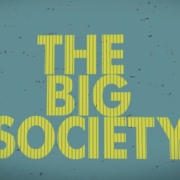What Type Of Free Banking Do We Want?
The article below represents the intellectual endeavours of two of the young stars of the Austrian School to address some of what they describe as “quibbles” with one of the more senior members of the School, Professor George Selgin and to some extent Prof Horwitz and our own Founding Fellow, Prof Anthony Evans. I have taken great inspiration from all of the people mentioned above, some more than others, but I fall on the side of the 100%FB for some of the reasons advocated by the two writers. Debates get heated and we get hot under the collar, but one thing is for sure: with an eye on practical politics, we must remember that the true enemy is the monetary socialism that we have today. We may have currency failure in Europe soon. In the USA we may have a final realisation that, as in the UK at the dawn of the First World War, the baton of economic leadership has moved on. These are the most uncertain of times. If we in the free market movement are to have any hope of getting anywhere, we must be able provide positive policy solutions. I would urge all mentioned here to turn attention to just that going forward, if no further understandings can be made between FRFB and 100%FB. I know for sure, I would bite your hand off today if any one of those systems was offered in exchange for an end to state supported FR banking! There is even a small chance that as this Great Recession rolls out, that is all the powers that be may be left with as policy solutions. We must be ready to provide solutions to our political masters.
Unanswered Quibbles with Fractional Reserve Free Banking
Abstract: In this article we reply to George Selgin’s counterarguments to our article “Fractional Reserve Free Banking: Some Quibbles”. Selgin regards holding cash as saving while we focus on the real savings necessary to maintain investment projects. Real savings are unconsumed real income. Variations in real savings are not necessarily equal to variations in cash holdings. We show that a coordinated credit expansion in a fractional reserve free banking (FRFB) system is possible and that precautionary reserves consequently do not pose a necessary limit. We discuss various instances in which a FRFB system may expand credit without a prior increase in real savings. These facets all demonstrate why a fractional reserve banking system – even a free banking one – is inherently unstable, and incentivized to impose a stabilizing central bank. We find that at the root of our disagreements with Selgin lies a different approach to monetary theory. Selgin subscribes to the aggregative equation of exchange, which impedes him from seeing the microeconomic problems that the stabilization of “MV” by a FRFB system causes.
Read the whole article (PDF).





